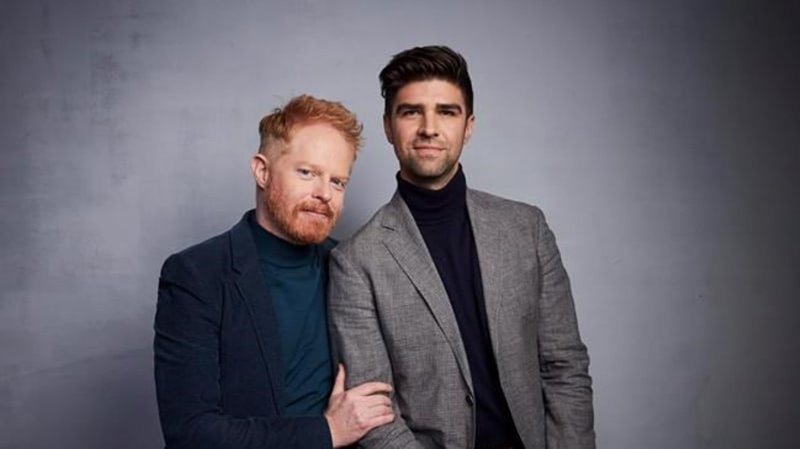
Using ‘face doubles,’ a new doc captures an anti-LGBTQ purge
Anonymous sources in documentaries have often been reduced to a shadowy, voice-distorted figure — or worse, a pixelated blur.
But a new documentary premiering Tuesday on HBO has, with the aid of advanced digital technology, gone to greater lengths to preserve the secrecy of its sources while still conveying their humanity.
“Welcome to Chechnya,” directed by David France, is about an underground pipeline created to rescue LGBTQ Chechens from the Russian republic where the government has for several years waged a crackdown on gays. In the predominantly Muslim region in southern Russia ruled by strongman Ramzan Kadyrov, LGBTQ Chechens have been detained, tortured and killed.
France, the filmmaker behind “How to Survive a Plague” and “The Death and Life of Marsha P. Johnson,” worked in secrecy with the Russian LGBT Network, a group formed to help save gay Chechens and find them asylum abroad. But France had a dilemma. He couldn’t reveal the identities, or the faces, of his main characters. Their lives depended on staying anonymous.
